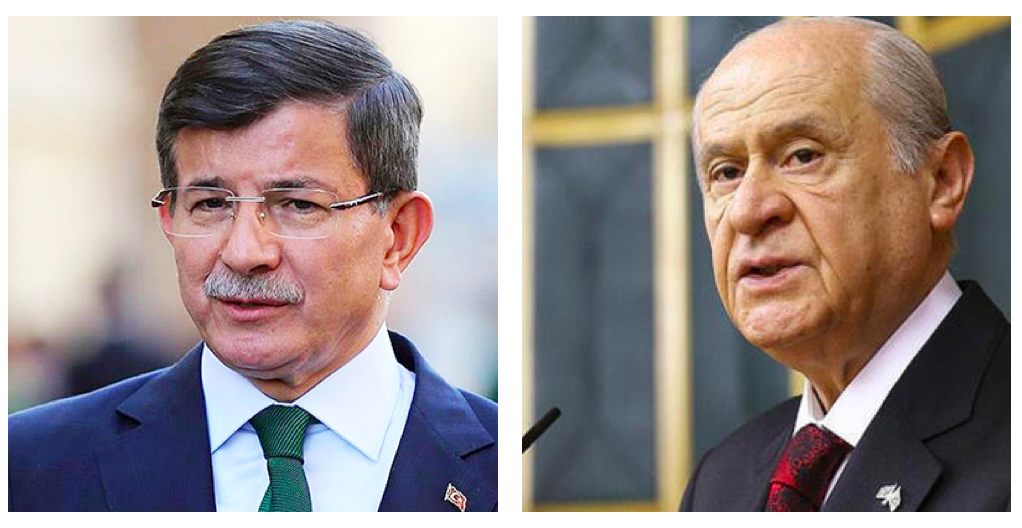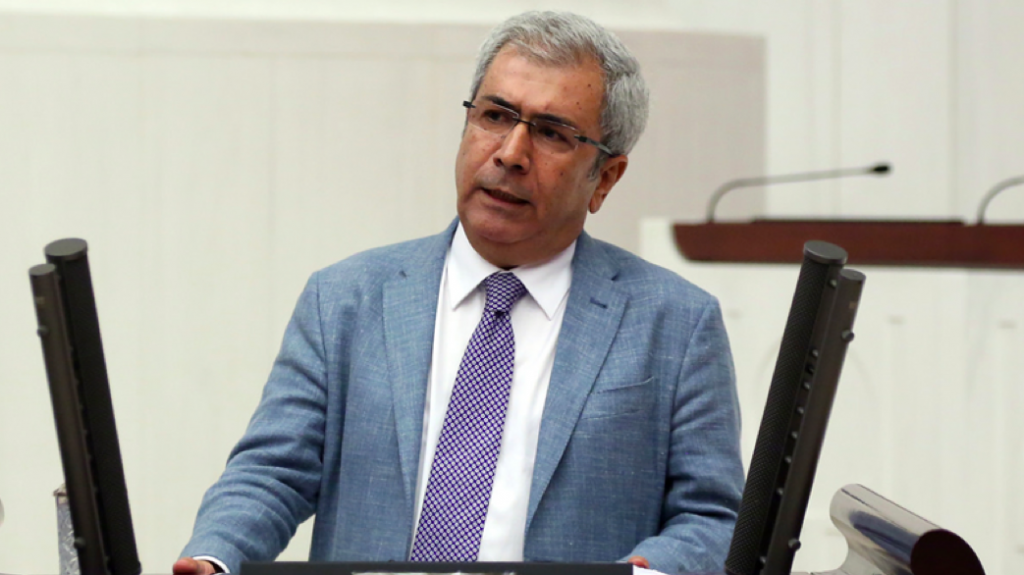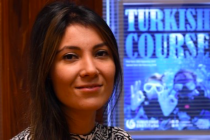A Kurdish politician from Diyarbakır is aiming to change the law so schoolchildren can be educated in their native tongue.
İmam Taşçıer, an MP for the Peoples’ Democratic Party (Halkların Demokratik Partisi, HDP), has submitted a draft bill to the Turkish Parliament for Kurmanji and Zazaki, the two languages commonly spoken by Turkey’s Kurdish population, to become official languages.
The MP said, “Education in the mother tongue ensures the development of a child’s cultural identity, personality and self-respect. It’s also vitally significant in enabling their effective participation in social and economic life.”
Taşçıer (pictured above) noted that languages other than Turkish were currently either banned or denied any legal status in the Republic, which he claims could result in them becoming forgotten and lost forever:
“A language is more than a tool for communication. Each language is the bearer of a society’s history and culture. The mother tongue is an inseparable part of a person’s mental and emotional development,” the Mesopotamia Agency cited Taşçıer as saying.
As part of his bid to change the law, Taşçıer presented evidence of practices in other European states where education in the mother tongue of large minorities is considered a legal right.
Taşçıer cited an OSCE (Organization for Security and Co-operation in Europe) report on the education of minorities in unitary states such as France, Italy, Finland and Greece, which all offer schooling in multiple native languages.
“Implementing legal regulations on the right to education in the mother tongue and lifting discriminatory and prohibitive practices would ensure social peace in our country, strengthen the bond of citizenship and carry our country to the levels of modern democracies,” Taşçıer said.
Across Europe, many states have multiple official languages or give official status to the languages of significant minorities in their regions. Spain regards Catalan as an official regional language, the UK does the same for Welsh, and Greece has granted official regional status to Turkish.
In Slovenia, Hungarian and Italian are official languages, Ireland has both Irish and English, and Finland officially speaks both Finnish and Swedish. Belgium has three official languages, German, French & Dutch), while Switzerland has four: German, French, Italian and Romansh.

The bid to allow education in Kurdish has the backing of non-HDP politicians too. Last year Kemal Kılıçdaroğlu, the leader of the man opposition CHP, called for Kurdish to be allowed in education, calling it “a natural right.”
Former Prime Minister Ahmet Davutoğlu has also stressed the importance of being educated in a person’s mother tongue.
Speaking at a rally in the Kurdish-majority city of Diyarbakır last month, Davutoğlu, leader of the newly formed Future Party, said the right for large minorities to be schooled in their native language exists ‘in all democratic countries’.
However, the campaign to upgrade Kurdish is being resisted by Turkish nationalists. Devlet Bahçeli, leader of Turkey’s hard right Nationalist Movement Party (MHP), issued a written statement on 12 August, describing Davutoğlu’s comments about the use of Kurdish in Turkey as “speaking in the style of the (terror group Kurdistan Workers’ Party) PKK in Diyarbakır.”
Turkey’s 82 million population is drawn from a myriad of ethnic groups speaking multiple languages between them. The country’s Kurdish population is estimated to number about 15 million people – about 18% of the total population.
Some strides in recognising the separate culture of Kurds have been achieved under the AKP government as part of its “Kurdish Opening”.
In 2009, the government launched TRT Kurdî on the state’s official TRT platform. The channel broadcasts in both Kurmanji and Zazaki.

For a time, the use of Kurdish flourished in Turkey. In 2012, pupils could elect to study Kurdish at high school, and two years after that campaigning in Kurdish was also permitted.
The government also relaxed the rules on Kurdish schooling. Article 42 of the Turkish Constitution states that no language other than Turkish can be taught to citizens of the Turkish Republic. Even in Kurdish-majority region of eastern Turkey, teachers are prohibited from speaking Kurdish in the classroom—even if none of their pupils speak Turkish.
Although the law wasn’t formally changed, the AKP government tolerated Kurdish language instruction in private schools. As a result, interest in such schools soared.
However, in December 2016 the AKP government started to roll back some of its reforms, closing down institutions and media that used Kurdish.
The government’s U-turn reflects its alliance with the ultra-nationalist MHP, which refuses to entertain any idea of a separate Kurdish identity, believing it will fuel the demands for a separate Kurdish state and the break-up of Turkey.
Updated 14.30, 17/9/2020, to include list of European states and their official co-languages.





